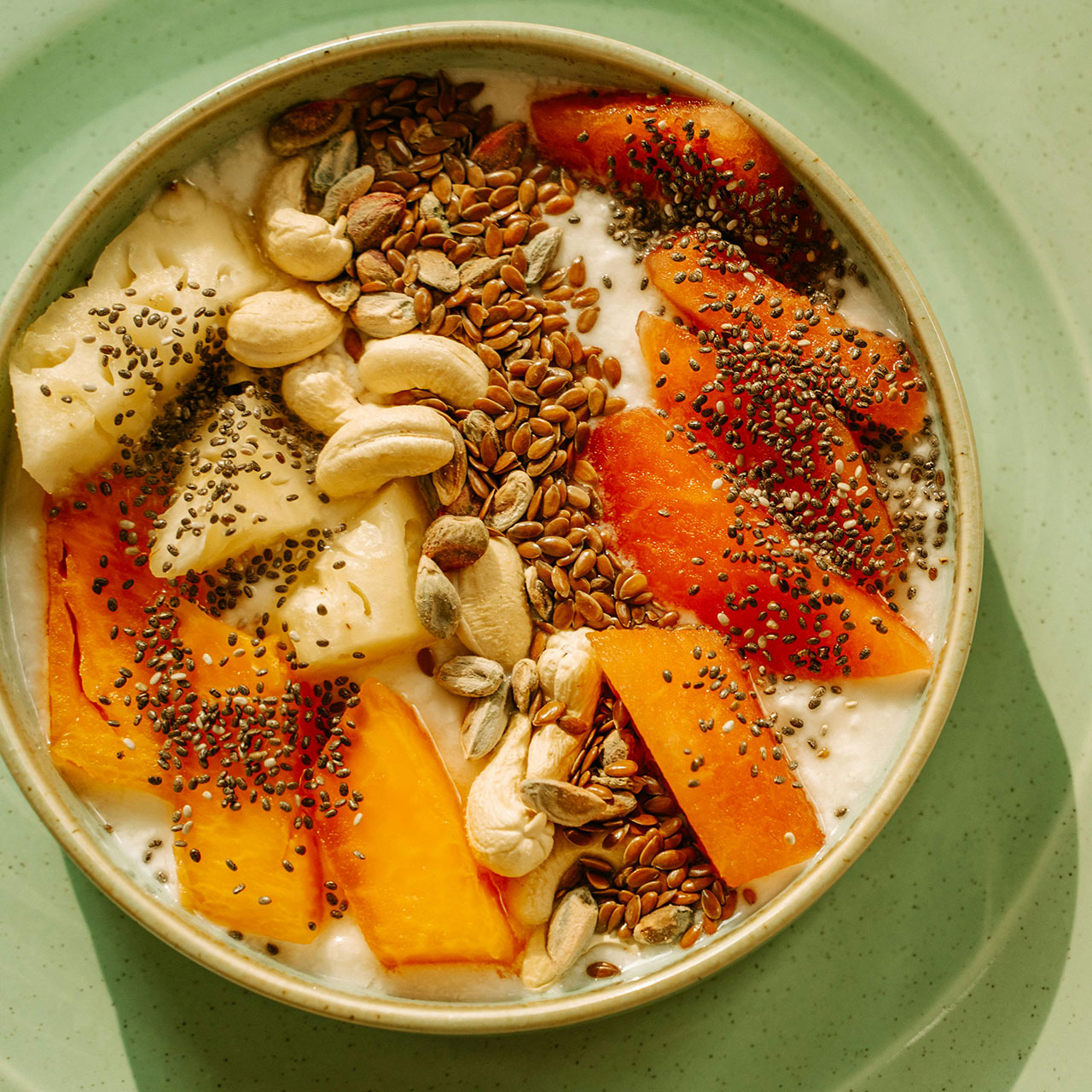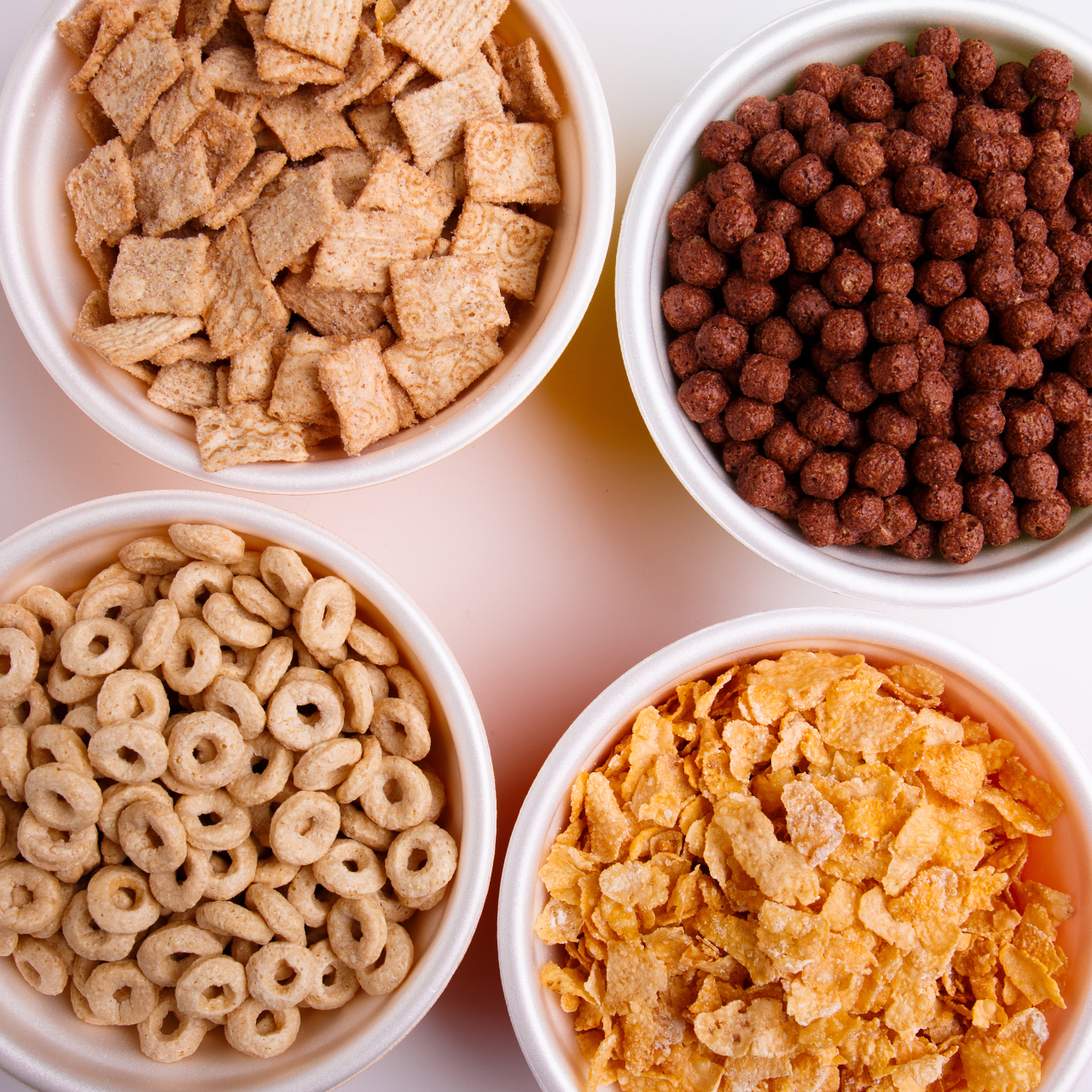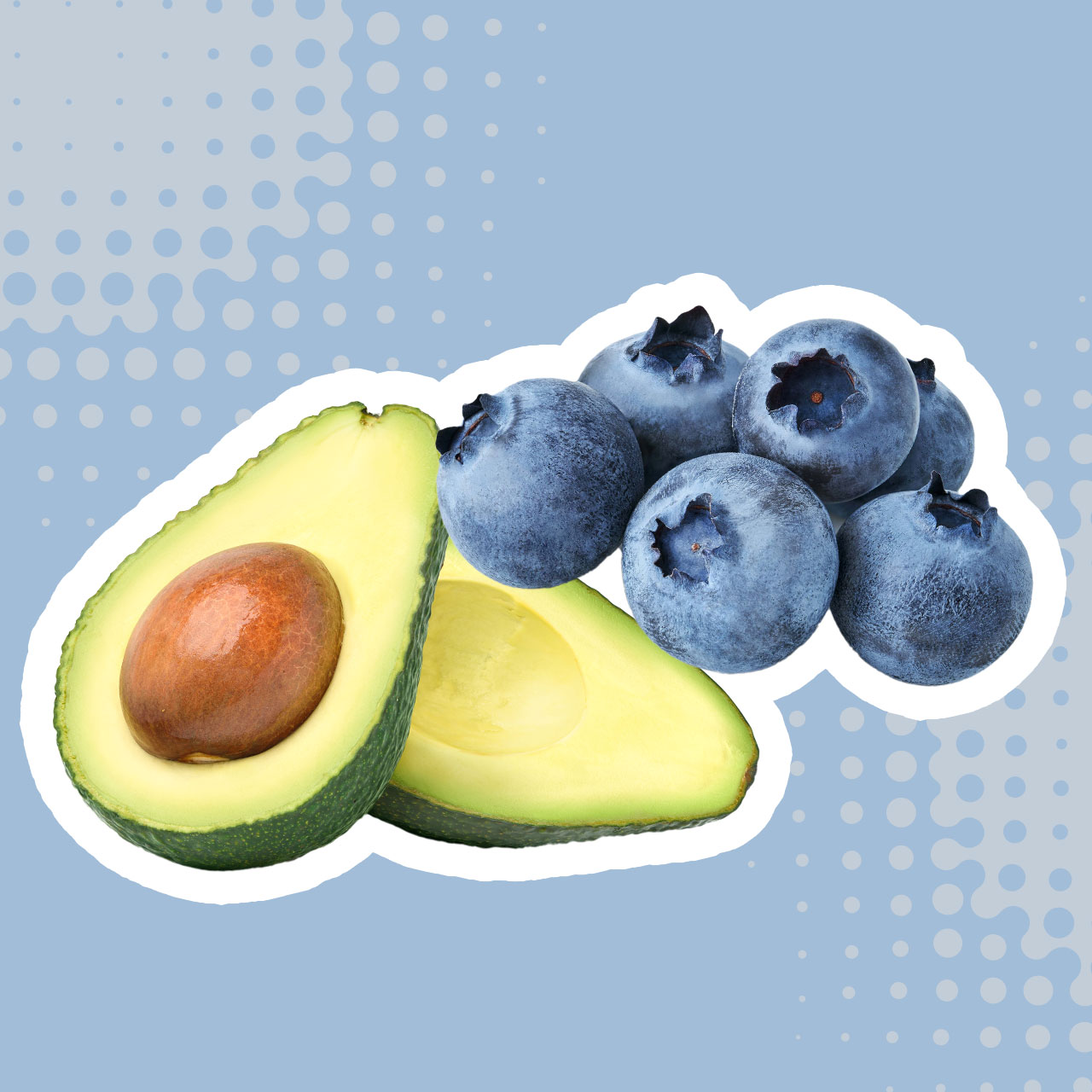This is an archived article and the information in the story may be outdated. Please check the time stamp on the story to see when it was updated last.
Healthy digestion is essential for improving the overall wellness of your body, and can impact your metabolism, weight loss capabilities, and even chronic stomach issues. There are a variety of ways you can improve your digestion, from integrating vitamins and supplements into your routine, to increasing your hydration levels and eating ample fiber. However, one easy way to streamline digestion is by including certain spices and herbs in your cooking which may fuel gut health and reduce bloating and discomfort in the stomach over time.
We checked in with Dr. Melina B. Jampolis, M.D., author of Spice Up, Live Long: A Guide to Using Herbs and Spices to Live a Longer, Healthier and More Vibrant Life, to give us a better understanding of which herbs and spices you should be eating regularly for a healthier digestive system, and these are the top five she suggested to improve any recipe and support gut health.

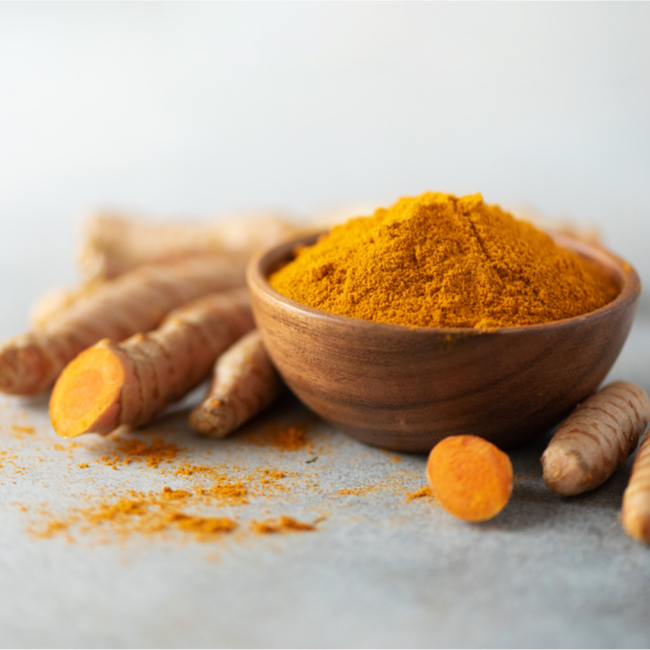
Turmeric
A well-known anti-inflammatory spice, turmeric contains an ingredient called curcumin which has a number of benefits for chronic digestional issues. “[Turmeric] may help manage IBD (inflammatory bowel diseases including ulcerative colitis and Crohn’s Disease). It can also reduce gut inflammation in animals and can help to prevent harmful bacteria from growing in the gut,” notes Jampolis in her book.
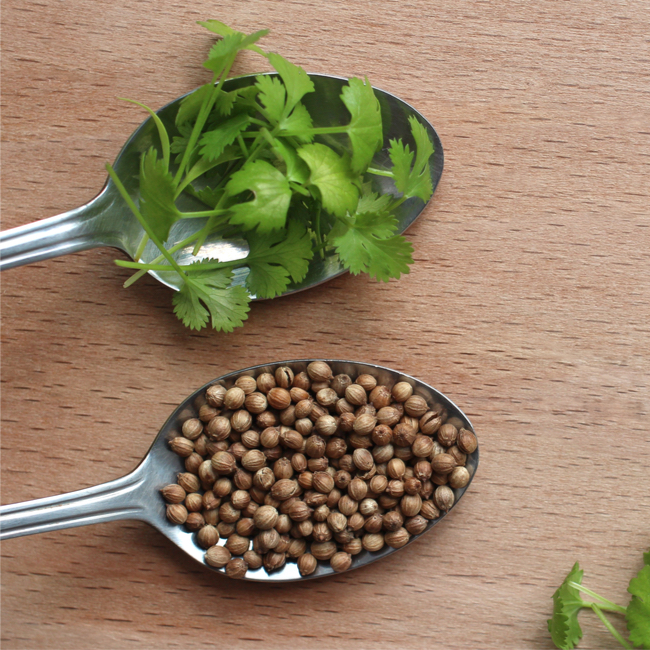
Coriander
Coriander is a powerful herb (otherwise known as cilantro) which can help to soothe the digestive system and move along blockages which may have developed in the intestines that can lead to constipation and discomfort. “[Coriander] can improve digestion, decrease constipation, prevent or improve ulcerative colitis, and even relieve abdominal pain from IBS (irritable bowel syndrome),” explains Jampolis.
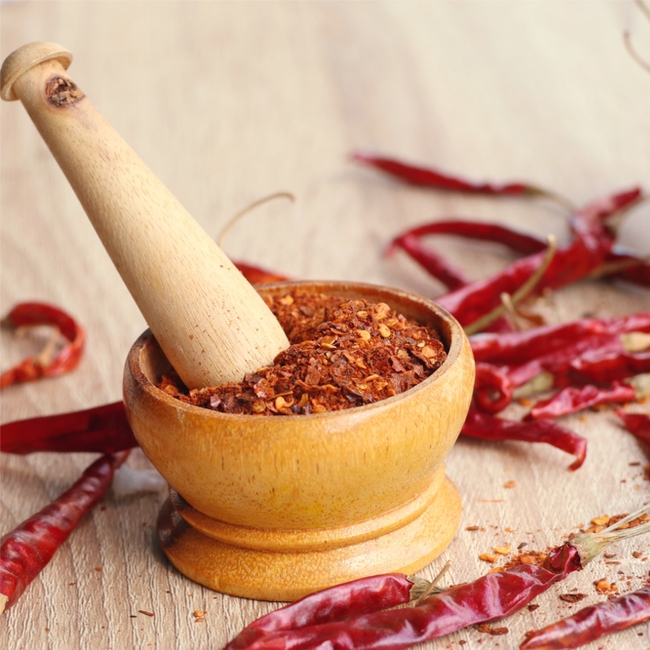
Cayenne Pepper
Packed with capsaicin which has been known to improve the health of your gut’s microbiome as a source of polyphenols, cayenne pepper is an excellent addition to your cooking for better digestion and a stomach free of ailments. “Cayenne pepper can stimulate the growth of good bacteria in the gut and protect against peptic ulcers,” explains Jampolis. “Polyphenols are phytonutrients that can act as prebiotics. Many have been shown to assist the health of the gut microbiome, and you already know that most herbs and spices contain them,” she adds.
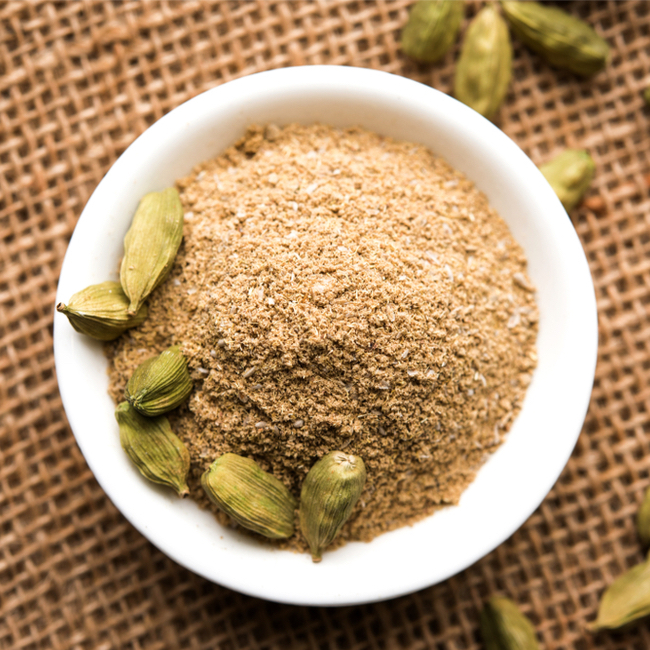
Cardamom
Great for both cooking and baking, cardamom can make a valuable addition to your spice rack for fighting digestive issues and streamlining your gut health. “Cardamom is used in some cultures to treat various gastrointestinal disorders, and it may help protect the stomach lining from ulcers,” says Jampolis. Try making a cardamom chai tea on those colder fall mornings and your stomach ailments should feel better in no time.
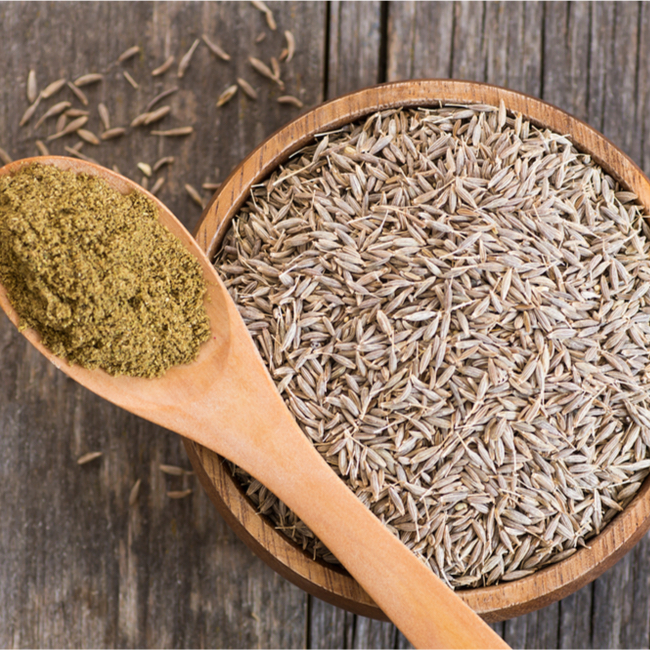
Cumin
A necessary addition to your cold weather cooking endeavors, cumin is another spice which can provide major benefits to your digestive system and ease any discomfort you may be feeling. “Cumin can reduce the symptoms of IBS and encourage digestive enzyme production,” notes Jampolis. Want to improve your digestive health even further? Jampolis suggests integrating foods such as garlic, leafy greens, berries, and even beans into your daily diet for an added boost of prebiotics for more positive gut bacteria.















